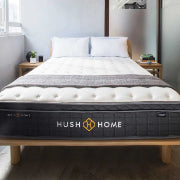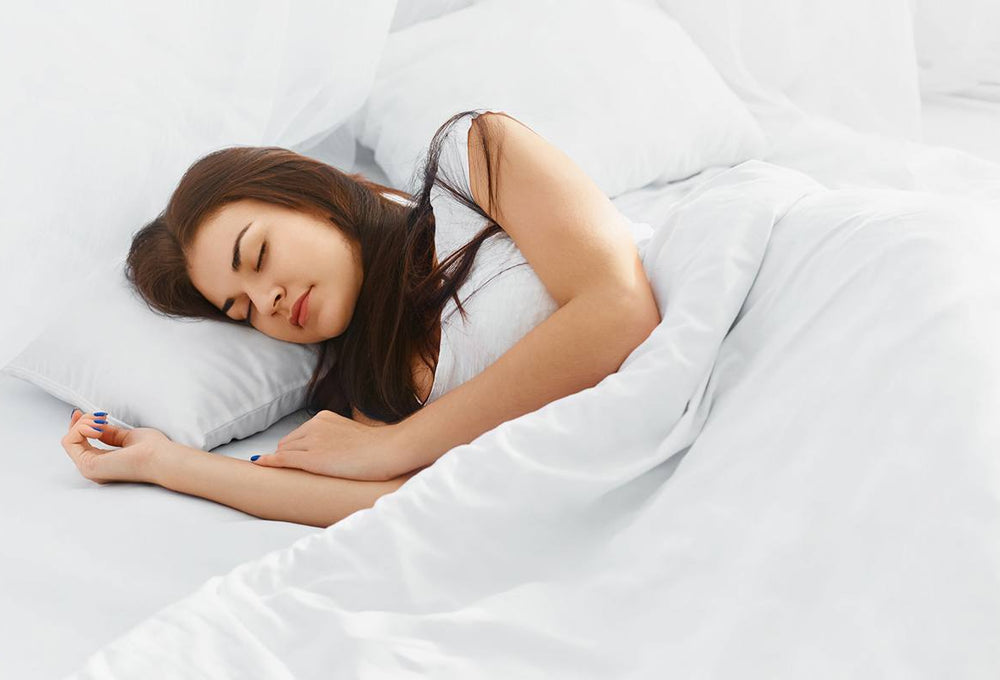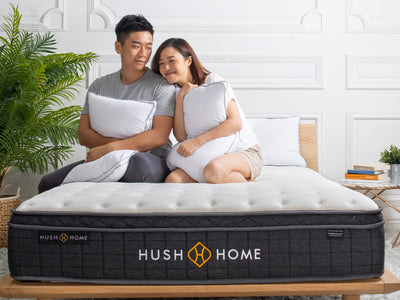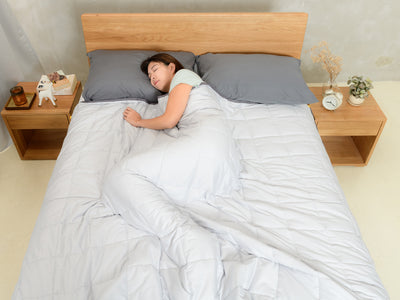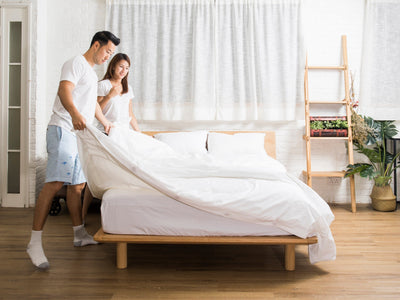SPRING INTO SAVINGS!
➊ Up to $7000 OFF
➋ $500 OFF Orders $3000+
➌ $3000 OFF Orders $12000+
✦ ENDS IN
days
hrs
min
sec
Mattresses


All
Pillows


All
Bedding


All
Baby & Kids


All
Gifts


All
A good night’s sleep starts with little good things.
Shop Natural


All
About


All
Please wait while we process your order



































